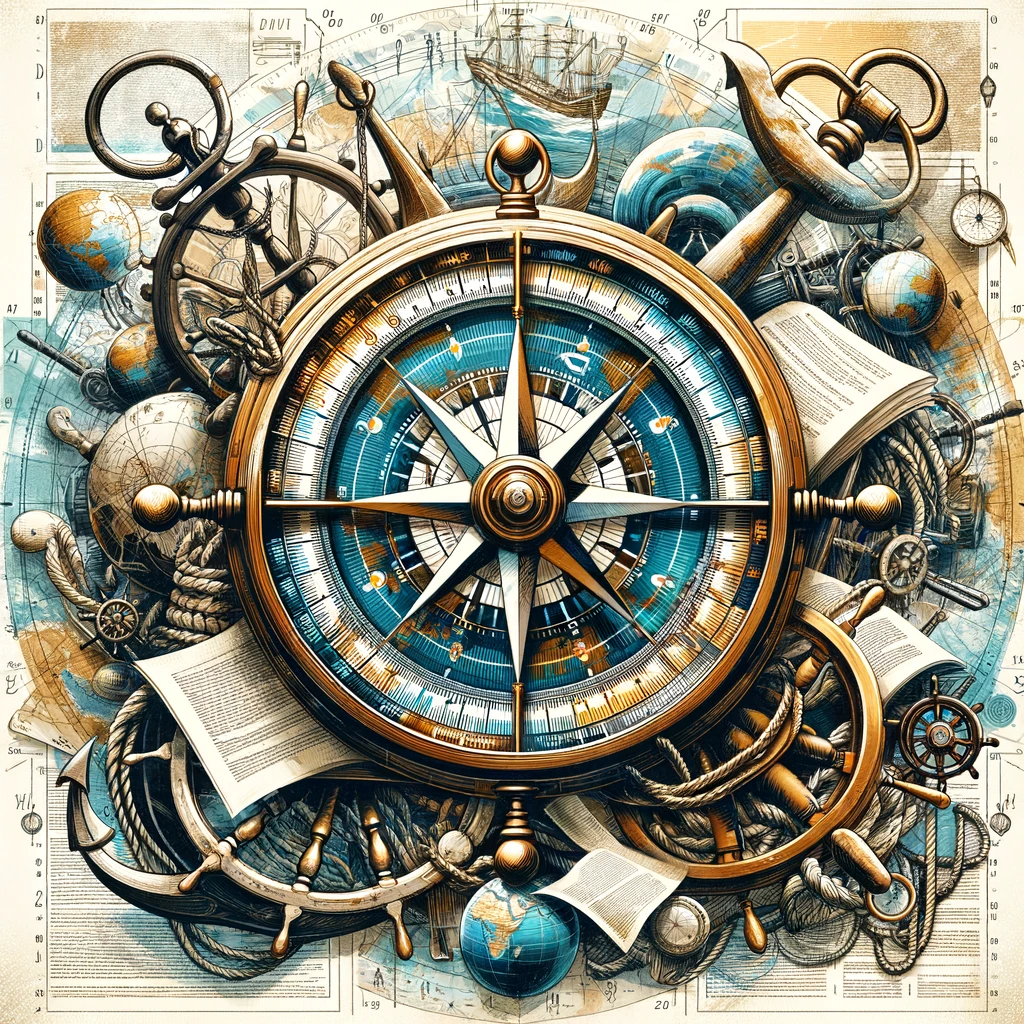Maritime law, also known as admiralty law, has a rich history that has evolved over centuries.

We will explore the fascinating journey of maritime legal principles, from their ancient origins to their modern-day applications, highlighting key legal aspects that have shaped this dynamic field.
Ancient Maritime Codes
The roots of maritime law can be traced back to ancient civilizations such as the Phoenicians and Greeks, who established some of the earliest maritime codes. These codes addressed issues like shipwrecks, salvage, and maritime trade, setting early legal precedents for maritime activities.
Medieval Admiralty Courts
During the medieval period, admiralty courts emerged in Europe to handle maritime disputes. These courts played a pivotal role in developing legal principles related to jurisdiction, maritime contracts, and the resolution of maritime conflicts.
Emergence of International Maritime Law
The 17th century witnessed the rise of international maritime law as nations sought to establish common rules for maritime trade and navigation. The emergence of treaties and conventions, such as the 1668 Réglement, laid the foundation for harmonized legal principles governing the seas.
19th Century Maritime Legislation
The 19th century brought significant advancements in maritime law, including the development of comprehensive legal codes in various countries. The United States, for example, enacted the General Maritime Law, which addressed issues of maritime negligence, salvage, and collision liability.
Modern Maritime Conventions
The 20th and 21st centuries saw the proliferation of international maritime conventions and treaties. These include the United Nations Convention on the Law of the Sea (UNCLOS) and conventions addressing maritime pollution, safety at sea, and the rights of seafarers.
Development of maritime law has been shaped by a number of key factors, including:
- Technological advancements: The evolution of maritime technology has necessitated the development of new legal frameworks to address emerging issues, such as liability for maritime accidents caused by autonomous ships.
- Globalization: The increasing globalization of maritime trade and transportation has led to a greater need for harmonized maritime laws and regulations.
- Environmental concerns: The growing awareness of environmental challenges, such as marine pollution and climate change, has prompted the development of maritime laws aimed at protecting the marine environment.
